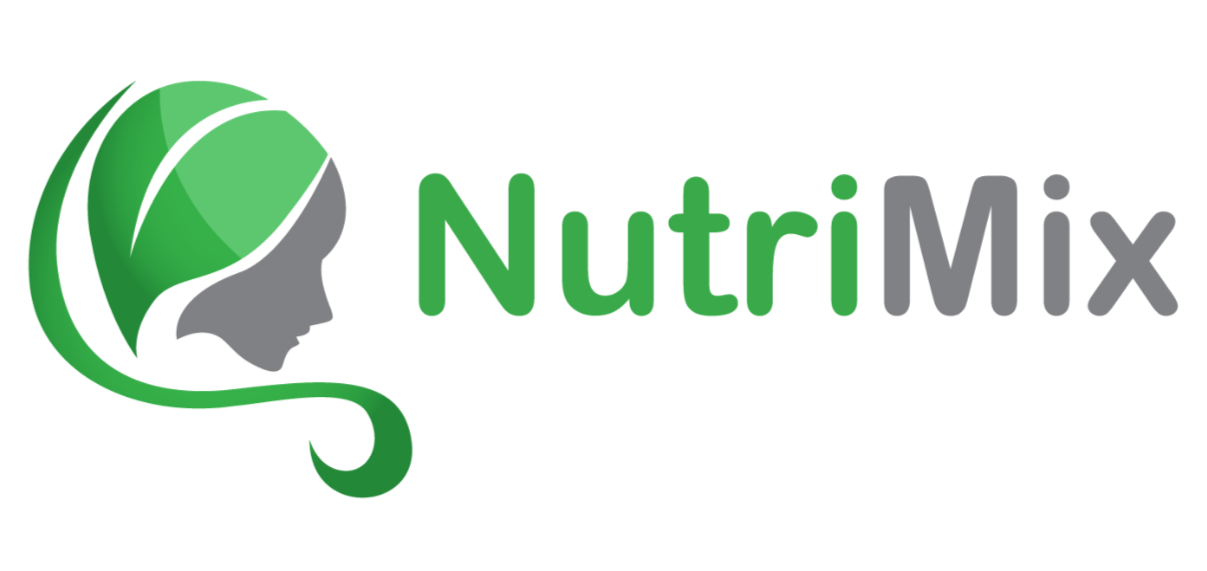Aging gracefully isn’t just about adding years to your life—it’s about adding life to your years. While genetics and lifestyle factors both play pivotal roles in how you age, the foods you choose every day can make a profound difference in your long-term vitality. Your body’s nutritional needs evolve as you move through different stages of life, and understanding how to support these changing requirements can help you remain active, strong, and resilient no matter your age.
This isn’t about restrictive diets or swearing off your favorite treats. Instead, it’s about learning how to nourish yourself in a way that gives you lasting energy, protects against chronic diseases, and supports both physical and cognitive health. By crafting a balanced, nutrient-rich eating pattern, you’ll discover that healthy aging isn’t just attainable—it’s enjoyable, too.
Your 20s and 30s: Building a Strong Foundation
In your 20s and 30s, you’re laying the groundwork for decades of well-being. The dietary habits you establish now can pay dividends later, influencing your metabolism, bone density, and overall health trajectory.
- Lean Proteins and Whole Grains: At this stage, you’re still building muscle mass and bone density, so focus on high-quality protein sources like fish, lean meats, legumes, and tofu. Pair these with complex carbohydrates—think quinoa, brown rice, oats, and sweet potatoes—to maintain steady energy levels and support stable blood sugar.
- Calcium and Vitamin D: Your body is still optimizing bone mass. Adequate calcium (found in dairy, fortified plant milks, and leafy greens) and vitamin D (sourced from safe sun exposure, supplements, or fortified foods) work together to establish a sturdy skeletal framework that can carry you through the decades ahead.
Your 40s and 50s: Prioritizing Heart and Bone Health
As you enter your 40s and 50s, hormonal changes and shifts in metabolism begin to shape your nutritional needs. Supporting your cardiovascular system, maintaining bone density, and preserving lean muscle become increasingly important.
- Heart-Healthy Fats: Incorporate foods rich in omega-3 fatty acids—salmon, sardines, walnuts, chia seeds, and flaxseeds—into your weekly routine. These fats support cardiovascular health, help manage inflammation, and may improve cholesterol levels.
- Antioxidant-Rich Produce: Colorful fruits and vegetables like berries, bell peppers, kale, and spinach provide antioxidants that help combat oxidative stress. This reduces the wear and tear on your cells, supporting healthy aging from the inside out.
- Calcium and Protein Maintenance: Keep up with calcium-rich foods and prioritize lean, nutrient-dense proteins, such as poultry, beans, lentils, and eggs. This combination helps preserve muscle mass and bone strength, factors crucial for staying active and independent.
Your 60s and Beyond: Nourishing for Strength, Cognition, and Immunity
In your 60s and beyond, your nutrition strategy should emphasize maintaining muscle mass, supporting cognitive function, and bolstering the immune system. A well-balanced diet at this stage helps you stay mobile, sharp, and engaged with the world around you.
- Protein with Every Meal: Your muscles need consistent support. Distribute protein intake throughout the day by adding Greek yogurt, cottage cheese, legumes, or a small serving of fish at each meal. This steady supply of amino acids assists with muscle repair and maintenance.
- Brain-Boosting Nutrients: Foods like blueberries, leafy greens, nuts, and seeds are brimming with vitamins, minerals, and antioxidants that promote brain health. Consider adding oily fish (like mackerel or trout) or an algae-based supplement for extra omega-3s, which have been linked to improved cognitive function and memory retention.
- Fiber and Fluids: Digestive health is paramount. High-fiber foods such as whole grains, fruits, vegetables, and legumes support gut health and improve nutrient absorption. Pair these foods with adequate water intake to keep digestion running smoothly and maintain optimal hydration for joint and organ health.
Lifestyle Factors That Enhance Nutritional Benefits
Good nutrition doesn’t exist in a vacuum—your overall lifestyle amplifies or diminishes the positive effects of a balanced diet. Regular physical activity, including strength training and low-impact exercises like yoga or swimming, helps maintain flexibility, balance, and muscle mass. Adequate sleep is essential for hormone regulation, mental clarity, and proper recovery. Stress management techniques, such as meditation, journaling, or quiet walks outdoors, help keep cortisol levels in check, which in turn supports balanced metabolism and healthy eating patterns.
The Mind-Body Connection
It’s also important to consider the relationship between mental health and nutrition. As you age, prioritizing foods that help stabilize mood, enhance focus, and support emotional well-being can make a meaningful difference. Incorporate foods rich in B-vitamins, magnesium, and omega-3s to nurture both body and mind. Over time, you may find that nourishing your body encourages a more positive outlook, improved self-confidence, and a greater sense of empowerment over your health journey.
Making Changes Sustainable
Sustainability is key. Drastic changes often lead to burnout and frustration. Instead, opt for small, manageable adjustments. Introduce one extra serving of vegetables per day, swap a sugary snack for a piece of fruit and a handful of nuts, or prepare a few healthy meals in advance each week so you’re not tempted by less nutritious options. By building healthy habits gradually, you’re far more likely to stick to them and see meaningful results that last for years.
Embrace Your Best Years with Informed Choices
Aging is a natural process, but you have a significant influence over how vibrantly you age. By adapting your eating habits as your body’s needs change, you can help ensure that you remain active, energetic, and engaged throughout every stage of life. Combine balanced nutrition with regular exercise, sufficient rest, and effective stress management, and you’ll be well on your way to living not just longer, but stronger and more fully.
Ultimately, healthy aging is about embracing a proactive mindset, nourishing yourself with care, and recognizing that it’s never too late—or too early—to start making choices that support a lifetime of health. When you commit to fueling your body with the right nutrients and backing it up with a positive lifestyle, you’re investing in a future defined by vitality, resilience, and the freedom to savor all that life has to offer.



